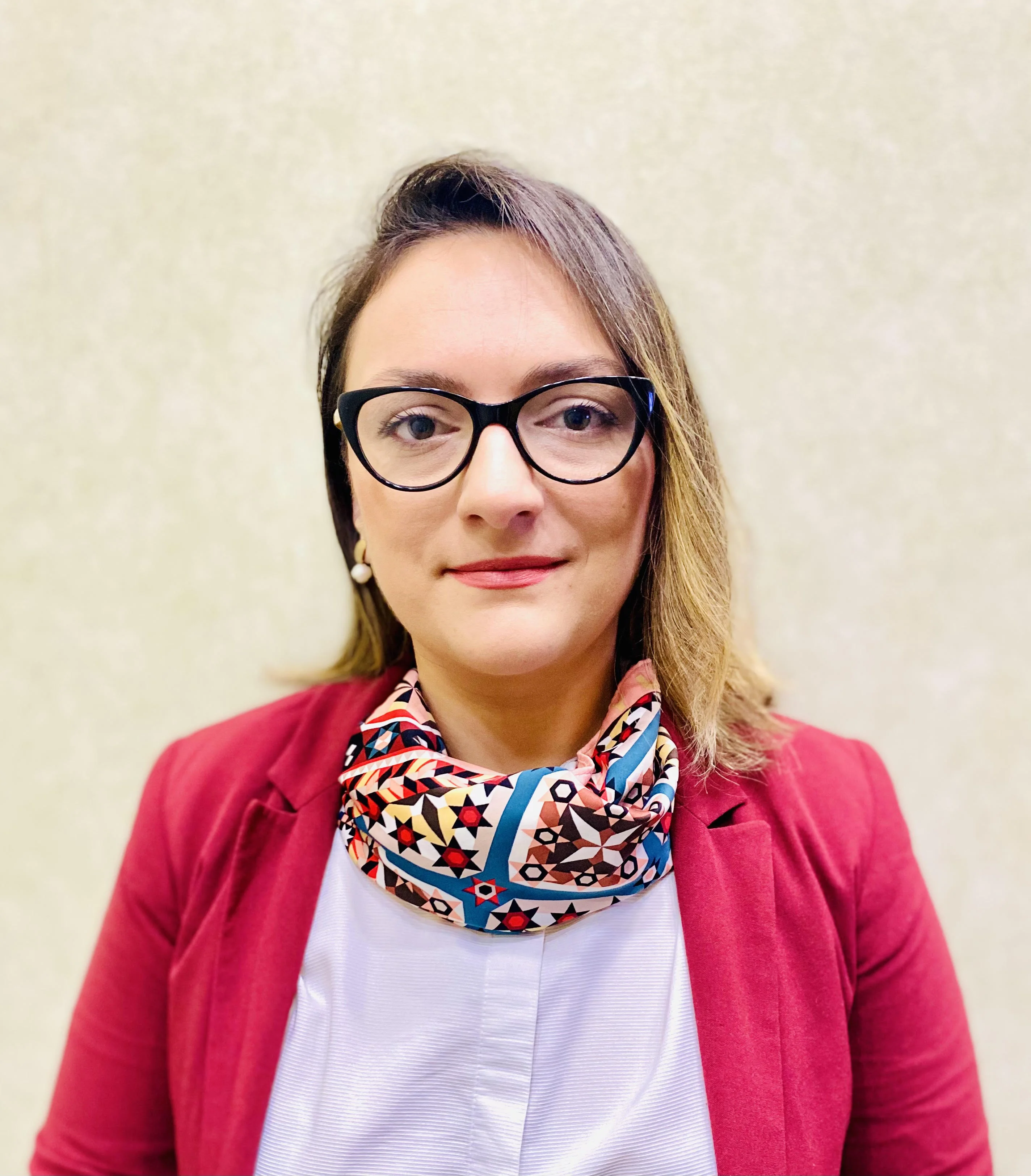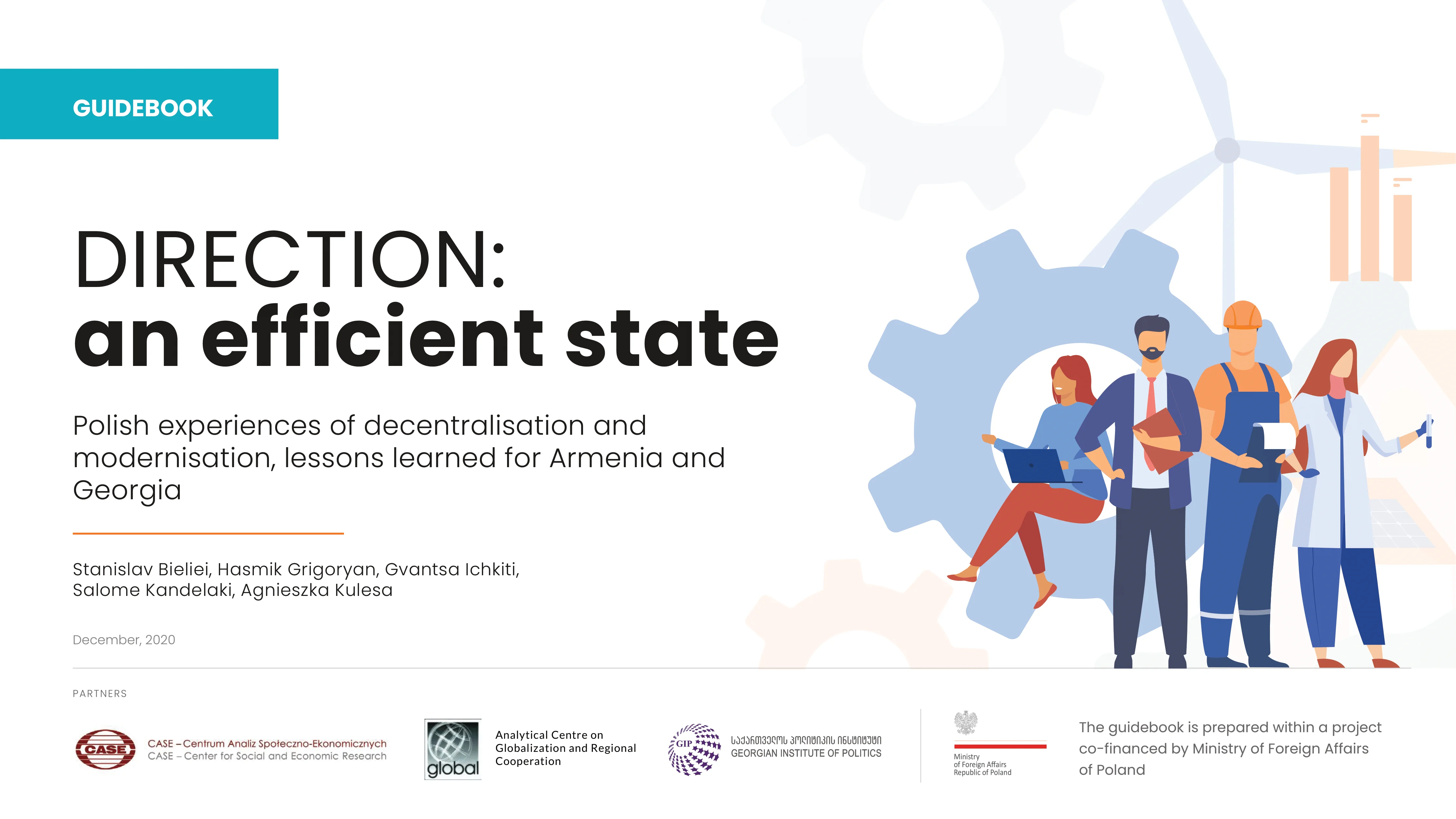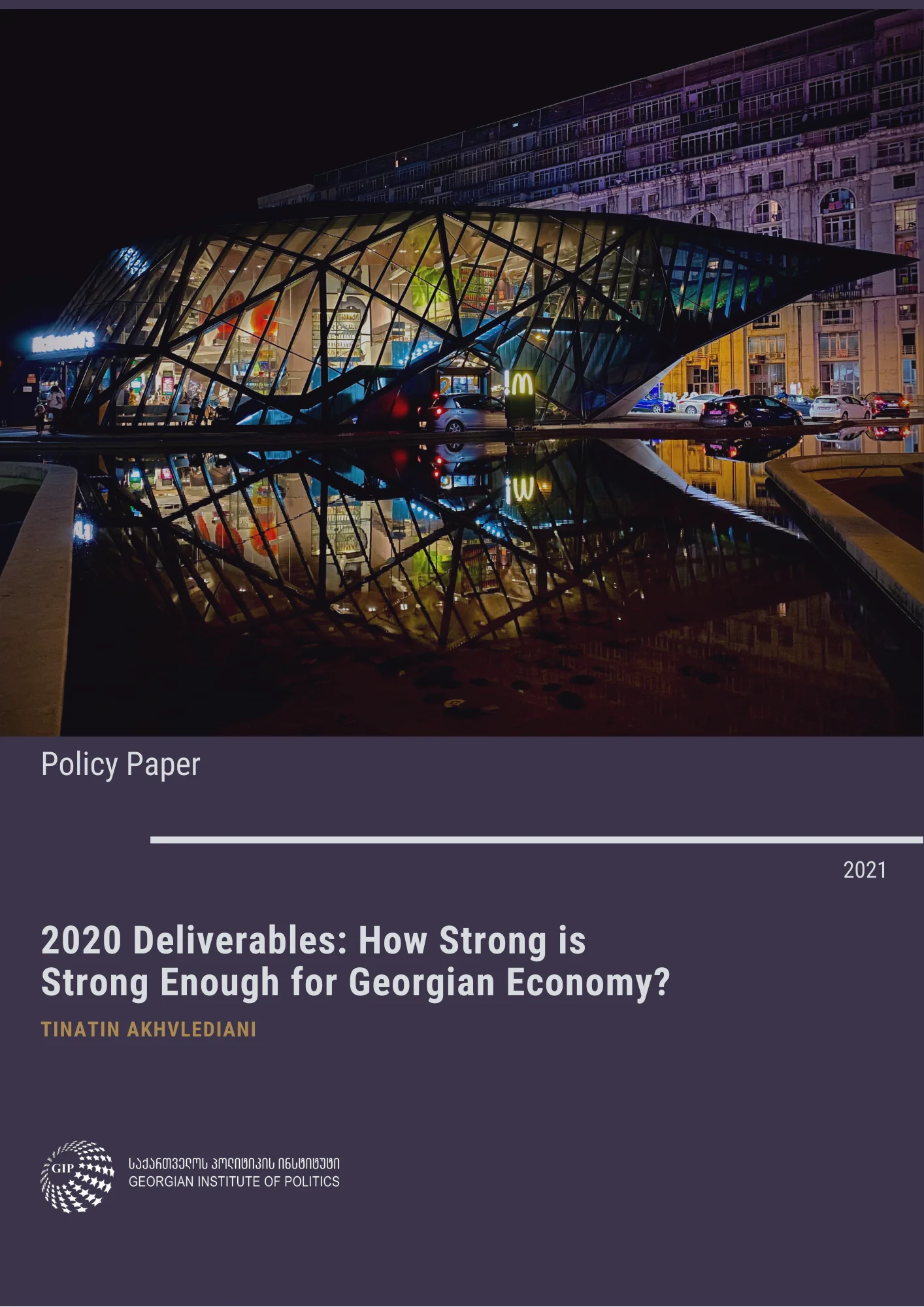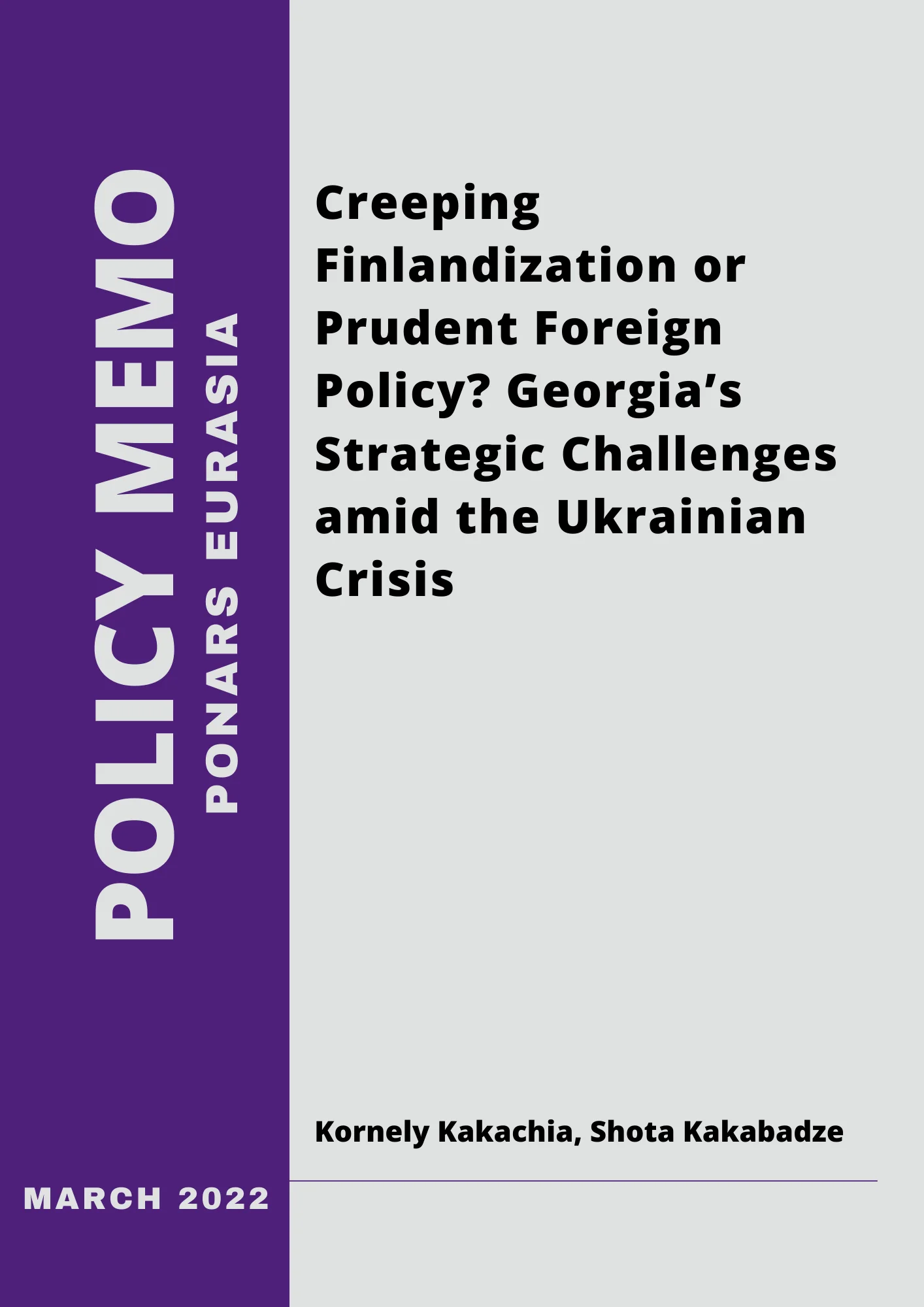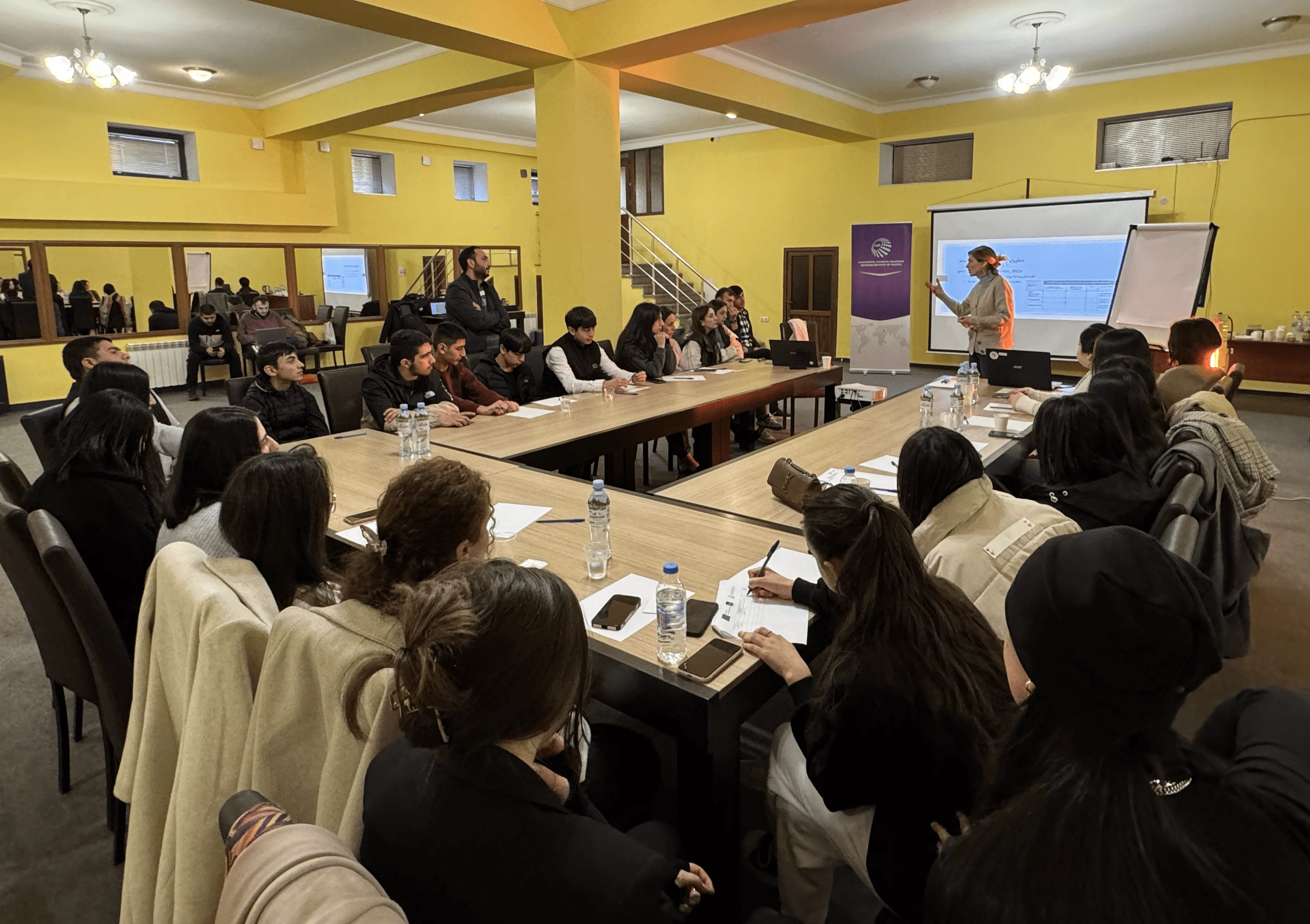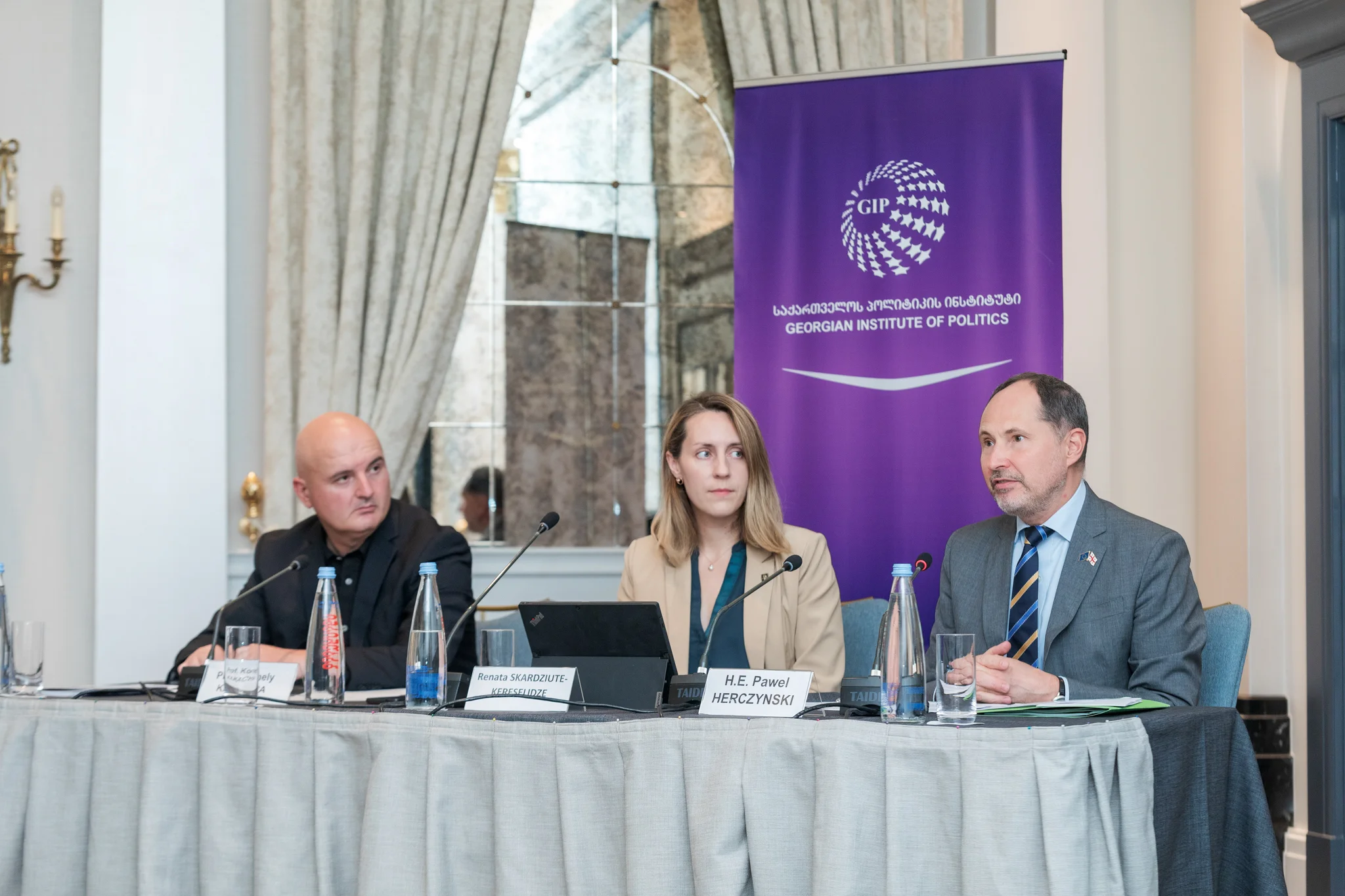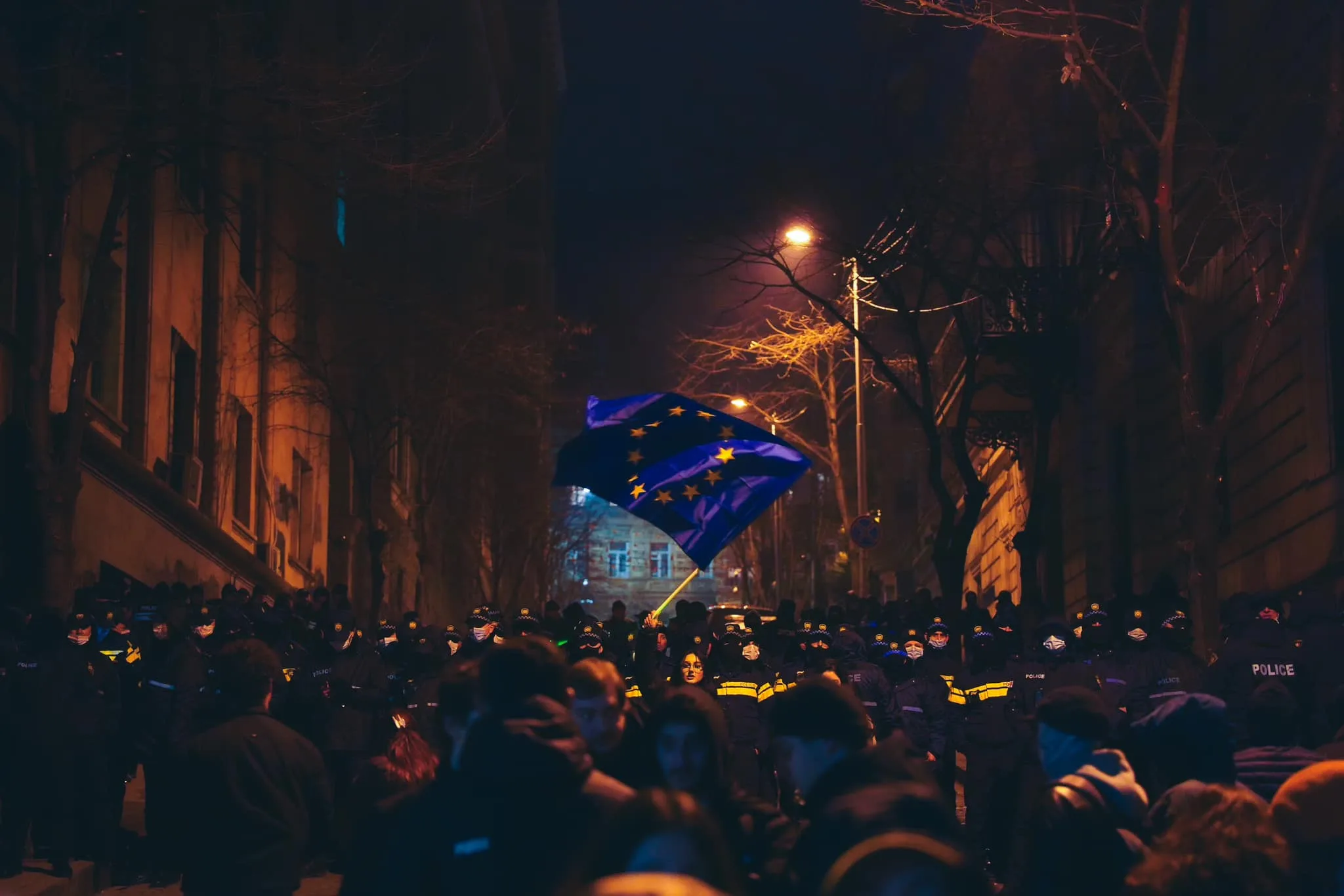The Georgian Institute of Politics joins the statement of the Georgian people to the European Union – to approve Ukraine’s application for EU membership and, in parallel, open the door for Georgia and Moldova, for their European perspective!
“H. E. Charles Michel, President of the European Council,
H. E. Ursula von der Leyen, President of the European Commission,
H. E. Roberta Metsola, President of the European Parliament,
H. E. Josep Borrell Fontelles, High Representative of the EU for Foreign Affairs and Security Policy,
The Heads of the Governments of the EU Member States,Today Ukraine and the whole of Europe face an extraordinary threat caused by Russia’s aggression and Putin’s attempt to change the democratically elected government of Ukraine. We, the Georgian people, fully support Ukraine’s heroic fight for independence and sovereignty. We are heartened to see that the whole world is in solidarity with President Zelensky and his people. Ukrainians are fighting not only for their future but also for the future of Europeans, for the future of Georgia and Moldova, and for every individual, family, and country who wants to live in peace, prosperity, and security.
We, the Georgian people, face the same challenges as Ukraine does. Russia, too, has occupied our land, has waged war against our statehood and sovereignty, and has attempted to change democratically elected Government through force and hybrid warfare. We were first to withstand this deadly challenge in 2008, albeit at a tremendous human cost and Russia’s occupation of 20% of our territory.
We are glad to see that European leaders and public opinion are inclined towards accepting Ukraine, whole and free to the family of European nations. We fully support President Zelensky’s drive for Ukraine to join the European Union. We are also glad to see that the President of the European Council and the President of the European Commission, together with many EU member states and Members of the European Parliament, plan to discuss Ukraine’s European aspirations and membership perspective seriously. We want to ask the leadership of the EU institutions and EU Member States to grant Ukraine the clear path towards European Union membership.
Throughout the last days, EU citizens and governments have shown their full support of Ukraine by defending Ukraine by imposing sanctions on Russia and providing Ukrainians with military, economic, and financial assistance. Ukrainian people deserve to be part of the most peaceful and prosperous club of European nations, which emerged after the devastating world war. Ukrainians have shown that they can give the ultimate sacrifice – their lives for their European future. Maidan of 2004, Euromaidan of 2014, and their heroic fight of 2022 against Russia is a testament to the Ukrainian people’s European identity and readiness to define their future free of tanks, bombs, and Russian dictate.
The Georgian people are fully in solidarity with Ukraine in their fight for independence and European aspiration. We strongly believe that the European Union and Member states should treat the Eastern Partnership region’s Trio – Ukraine, Georgia, and Moldova, as one whole inseparable region, facing common problems related to Russia’s aggression, occupation, and annexation. Therefore, we hope that the EU will positively respond to Ukraine’s request for membership and, by the same token, open doors for Georgia’s and Moldova’s European perspectives.
Organizations joining the statement:
Georgia’s Reforms Associates
Open Society Georgia Foundation
Europe-Georgia Institute
Georgian Institute for Strategic Studies
Human Rights Center
Georgian Farmers Association
World Experience for Georgia
Georgian Institute of Politics
International Society for Fair Elections and Democracy
Institute for Democracy and Safe Development
Georgian Democracy Initiative
United Nations Association of Georgia
Society and Banks
Atlantic Council Georgia
Georgian Foundation for Strategic and International Studies
Tolerance and Diversity Institute
Institute for Development of Freedom of Information
SOVLAB – Soviet Past Research Laboratory
Media Development Foundation
Georgian Young Lawyers’ Association
Caucasus Open Space
Transparency International Georgia
Economic Policy Research Center
Sapari
Partnership for Human Rights
Social Justice Center
Europe Foundation
Egeria Solutions
In Depth Reporting and Economic Analysis Center
The Georgian Charter of Journalistic Ethics


